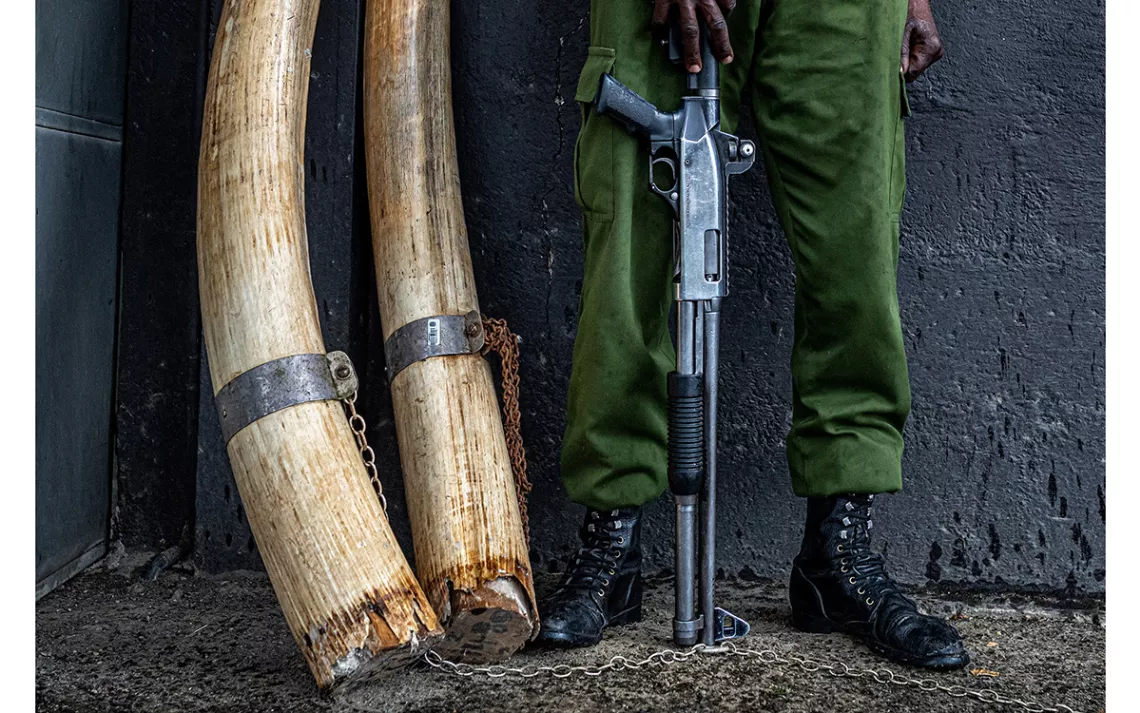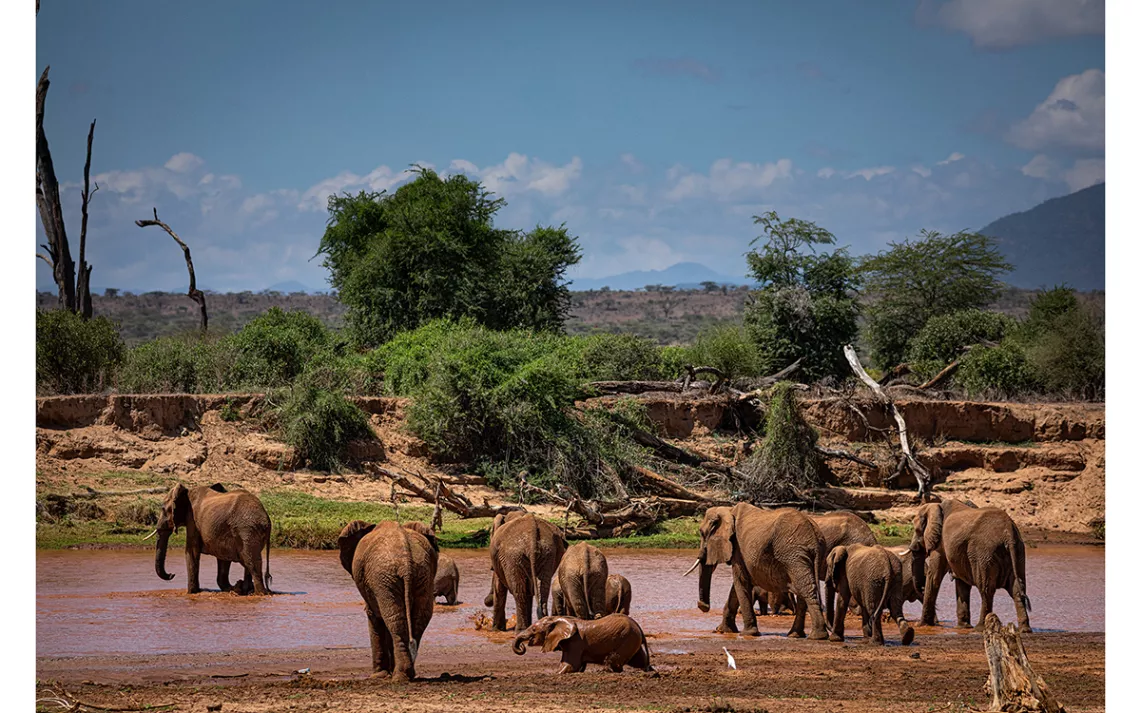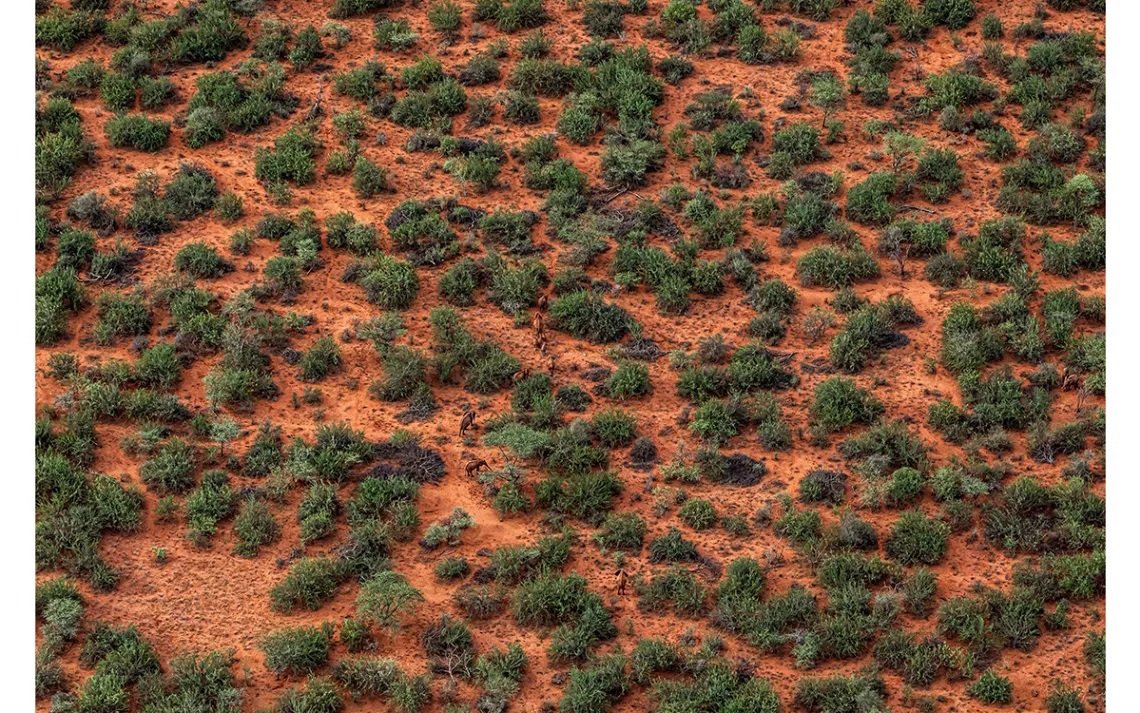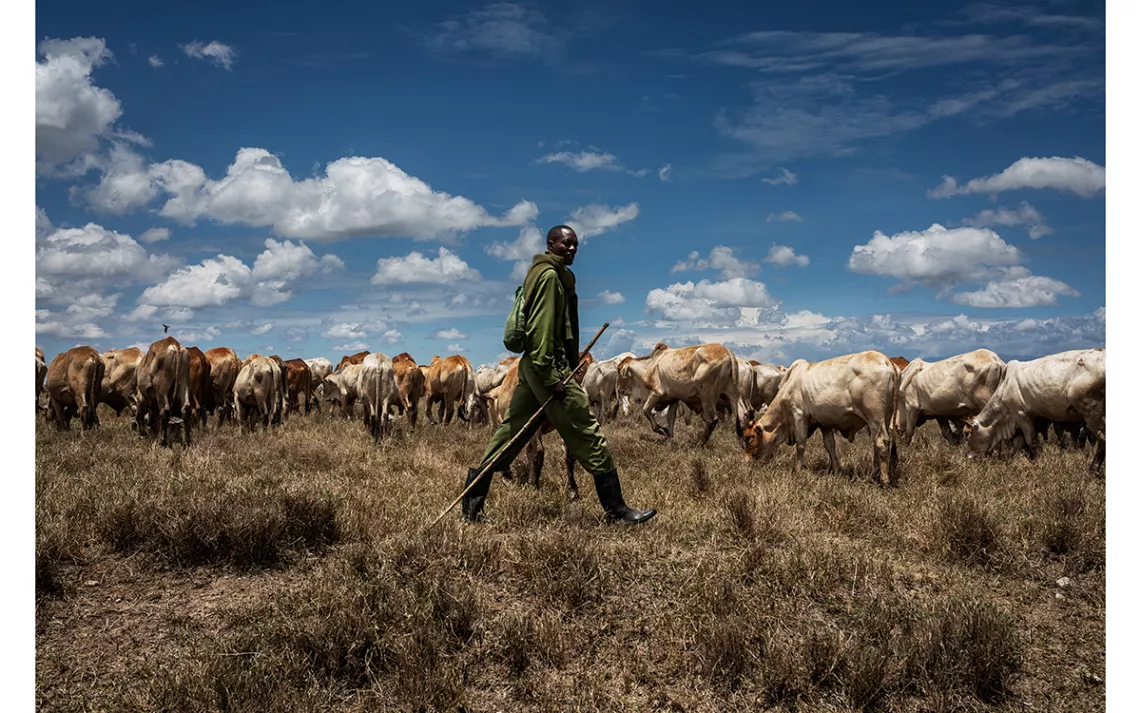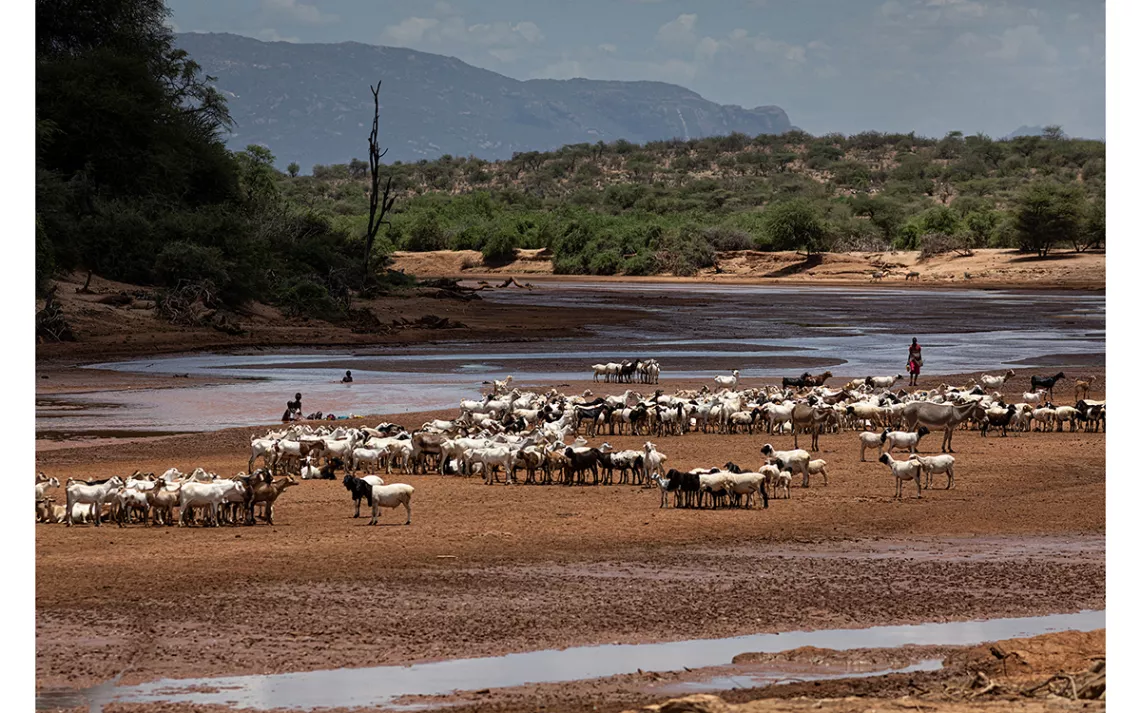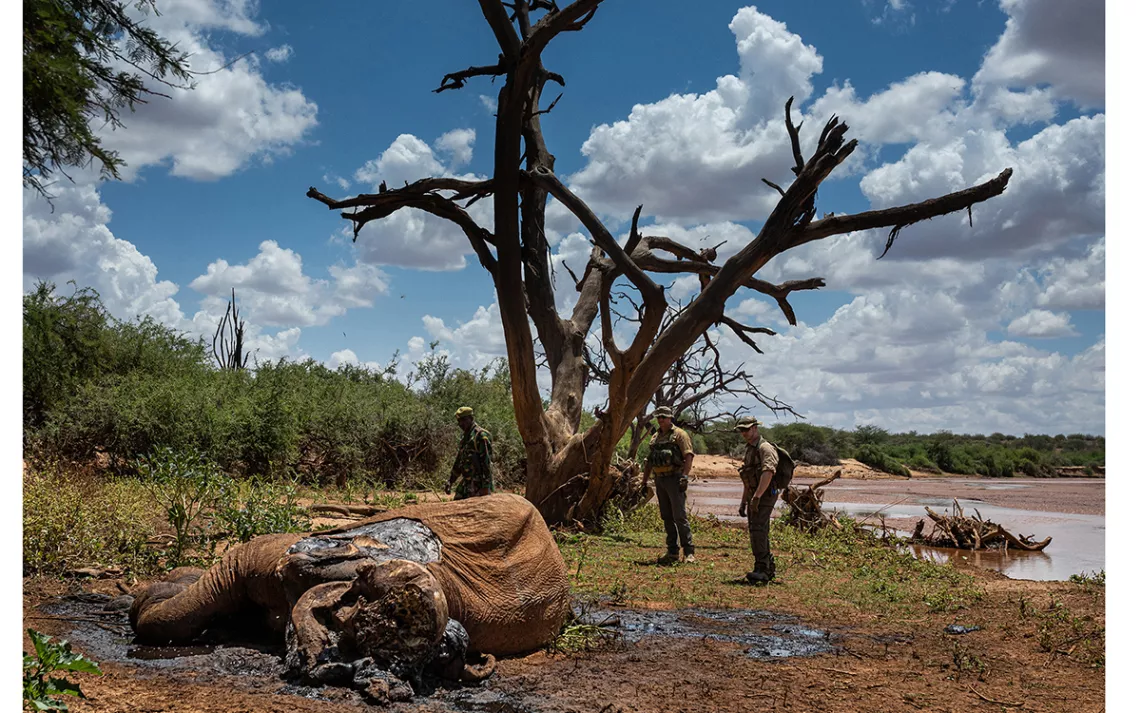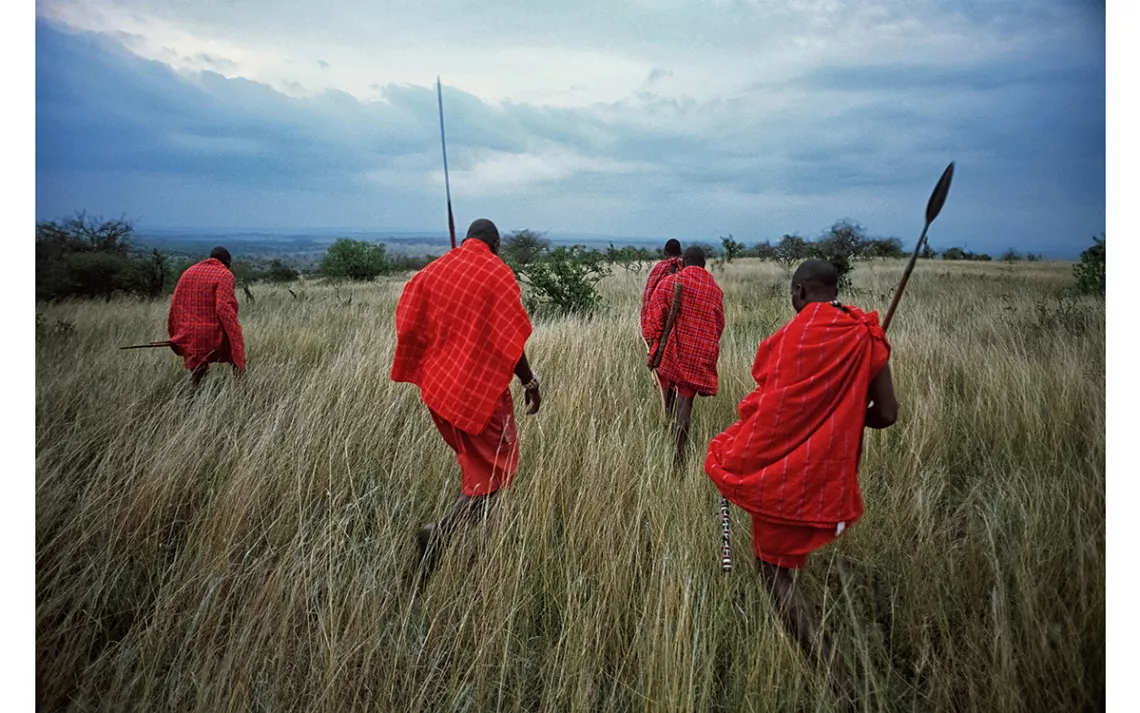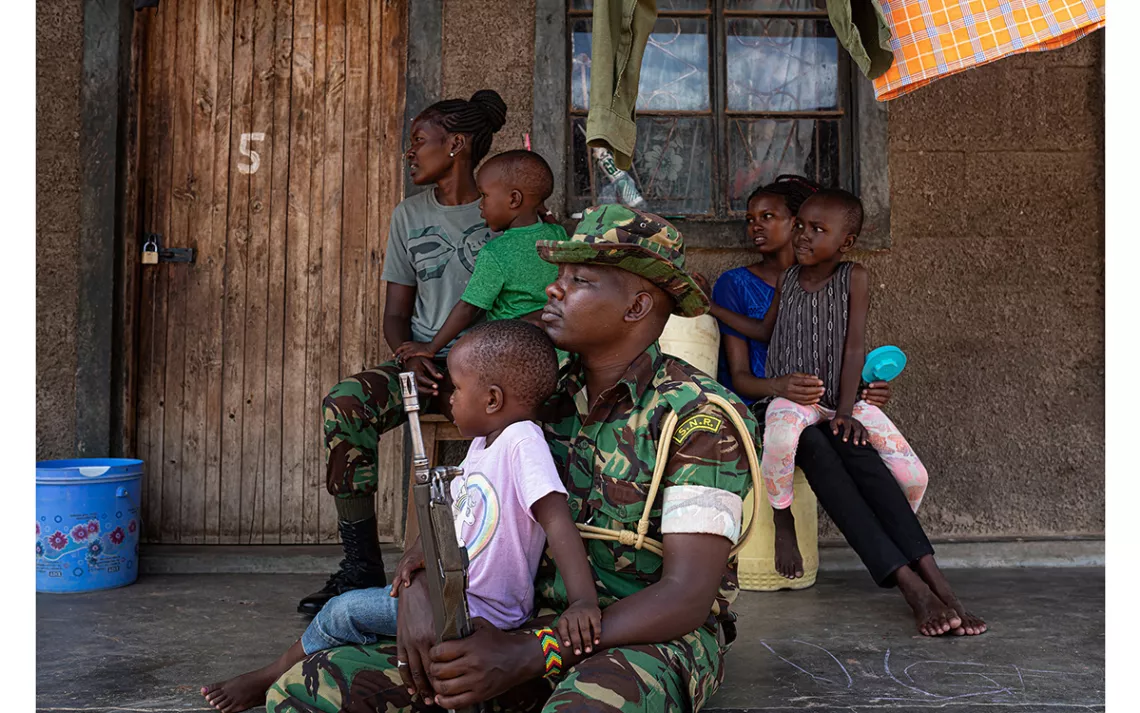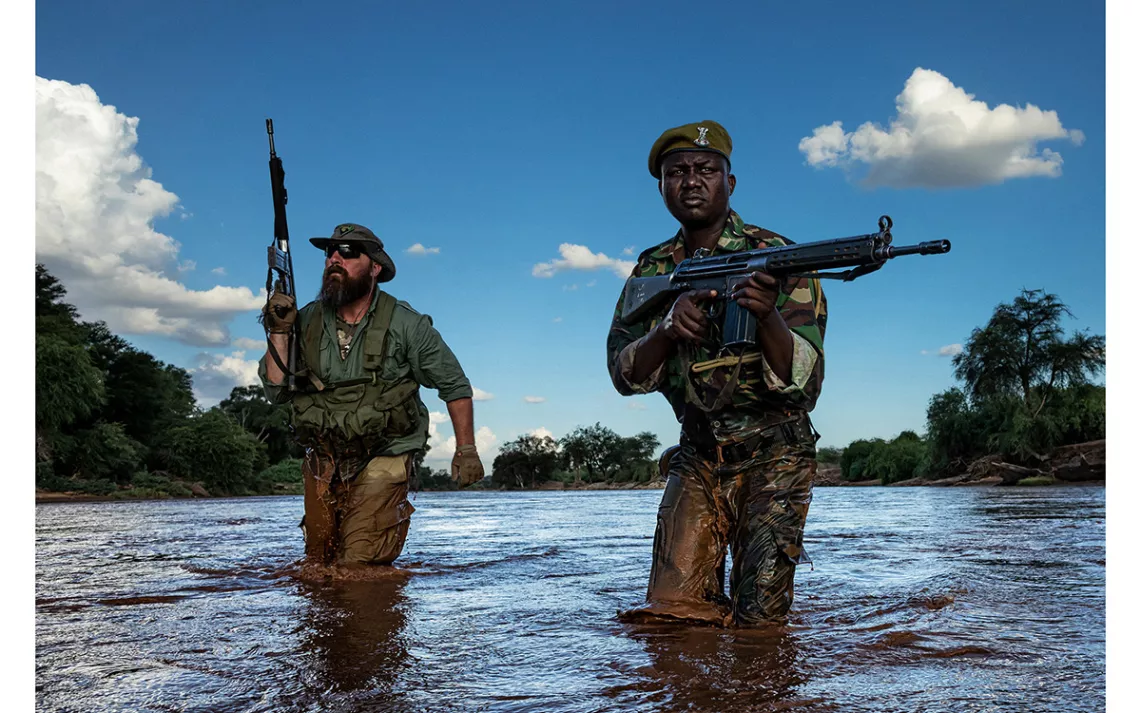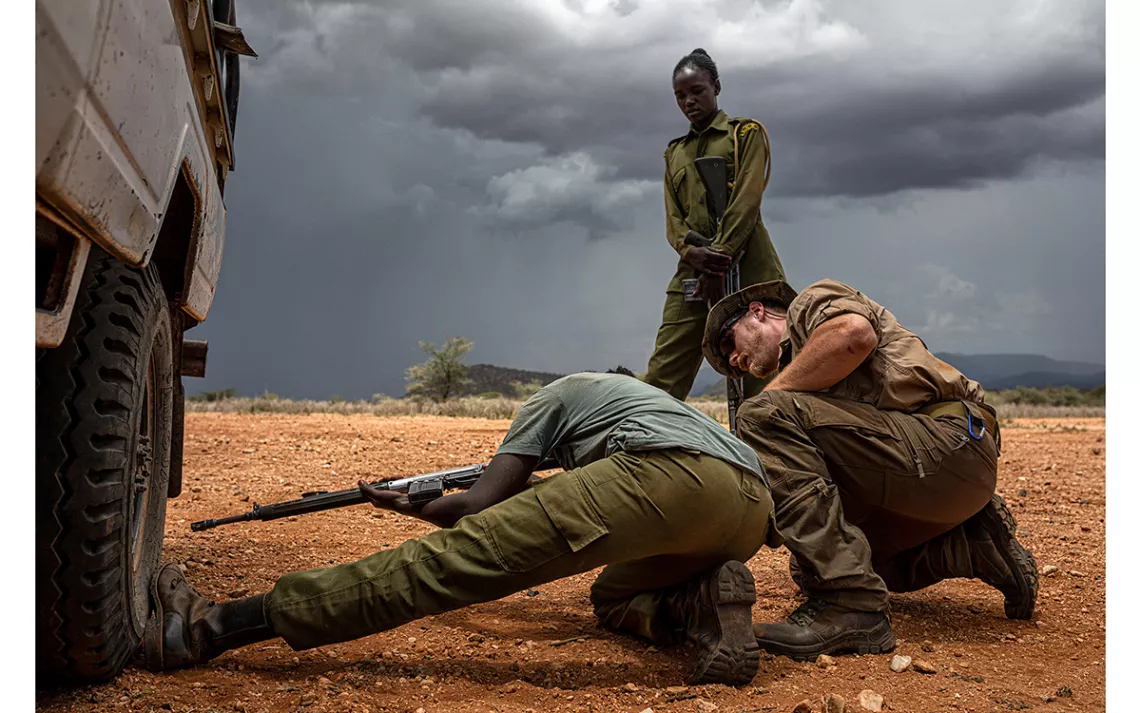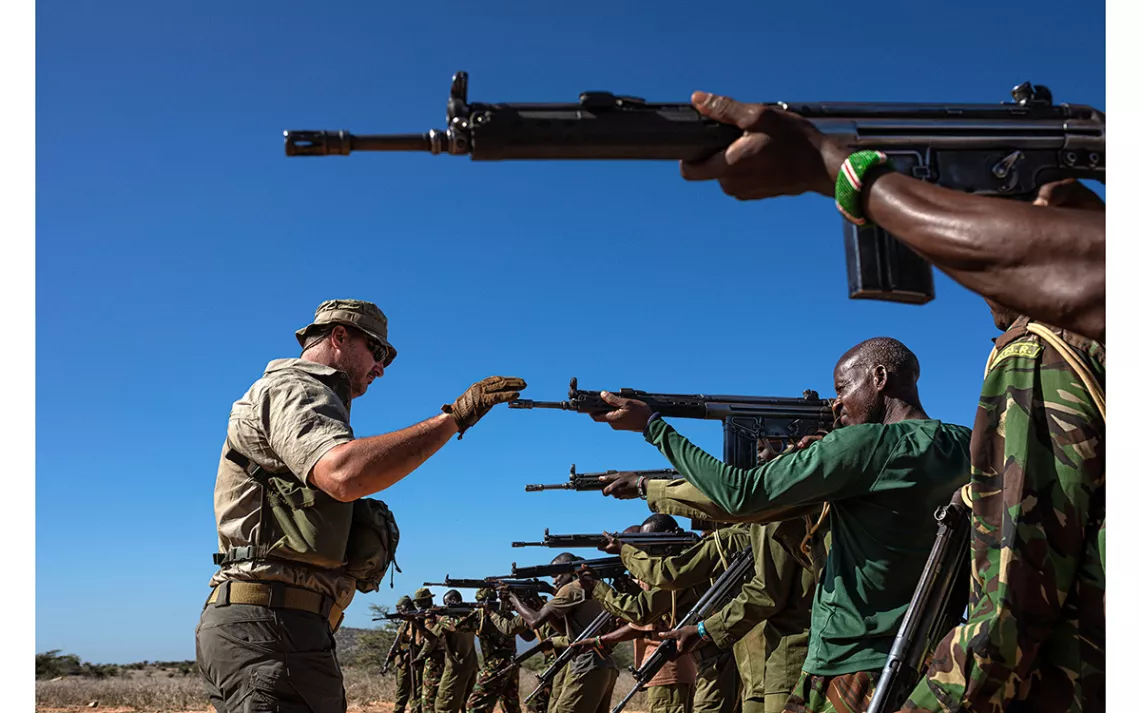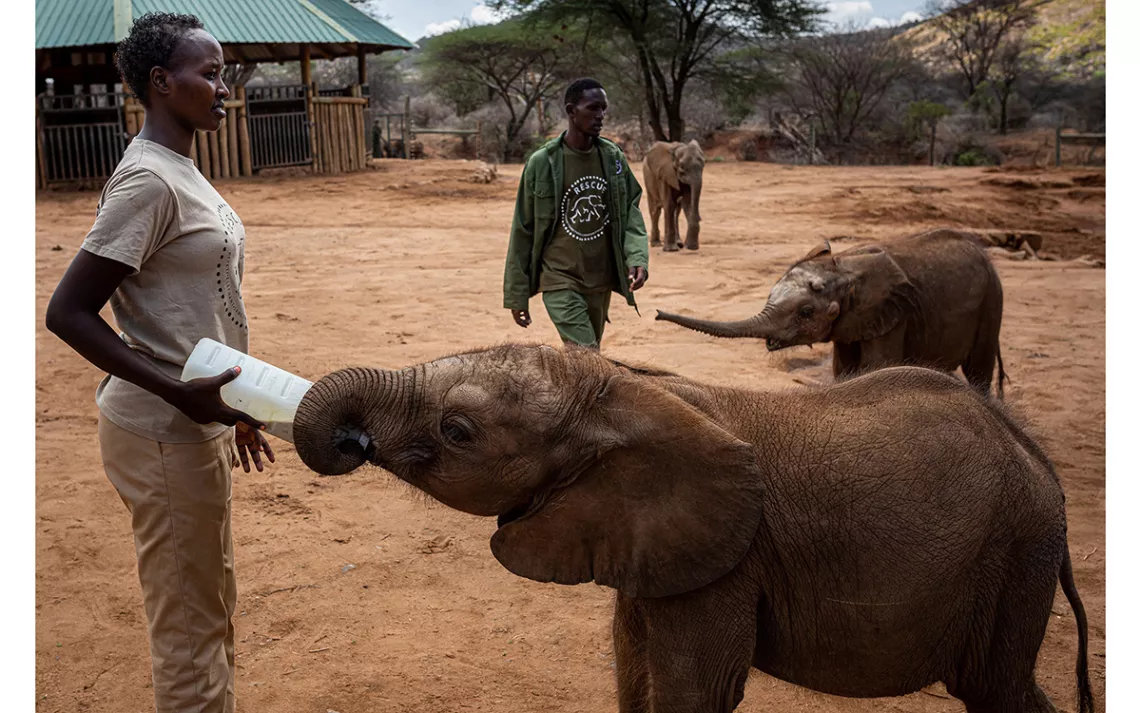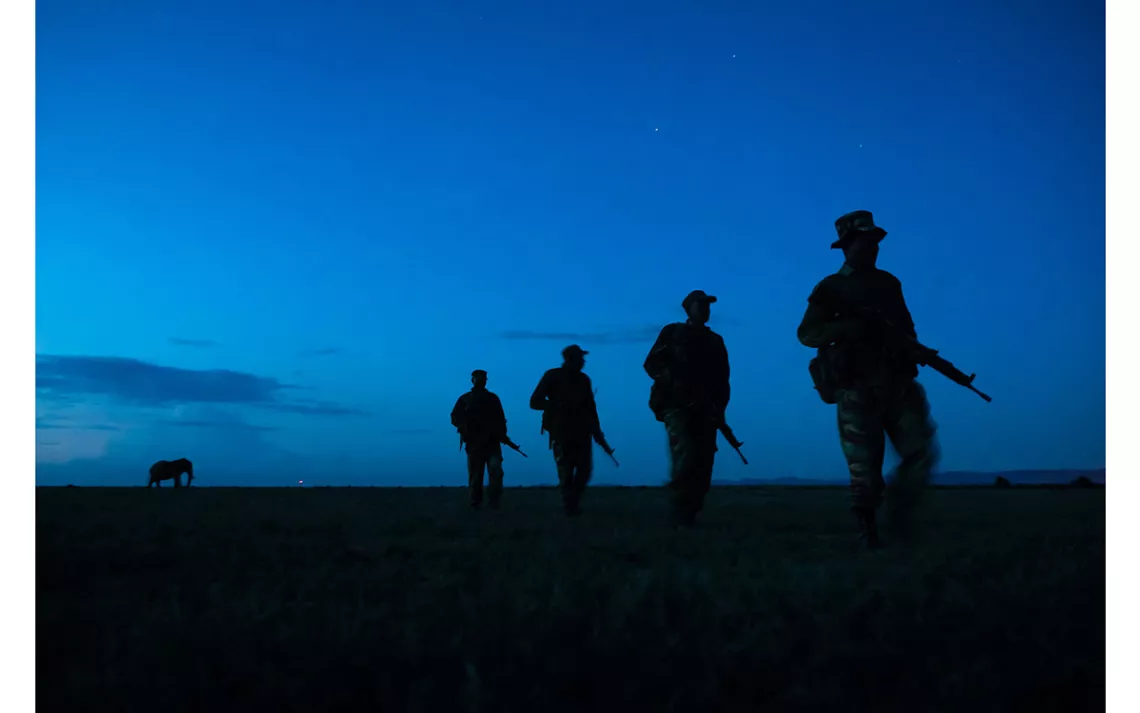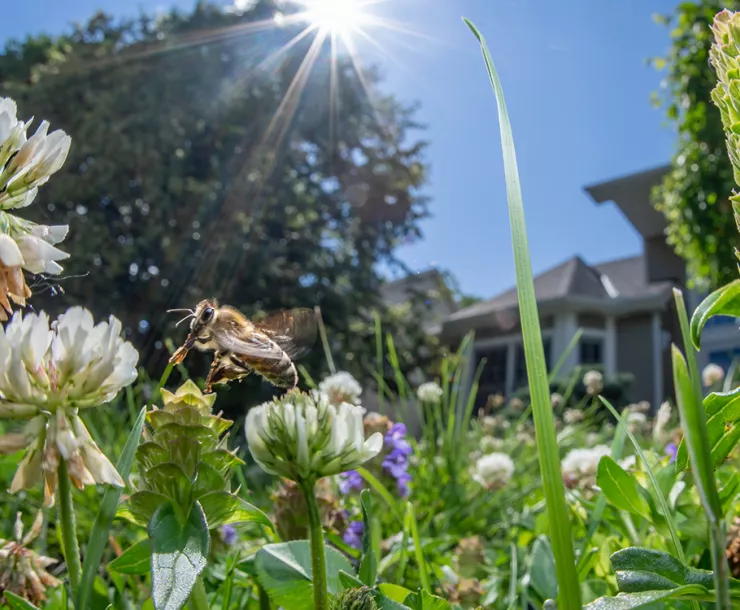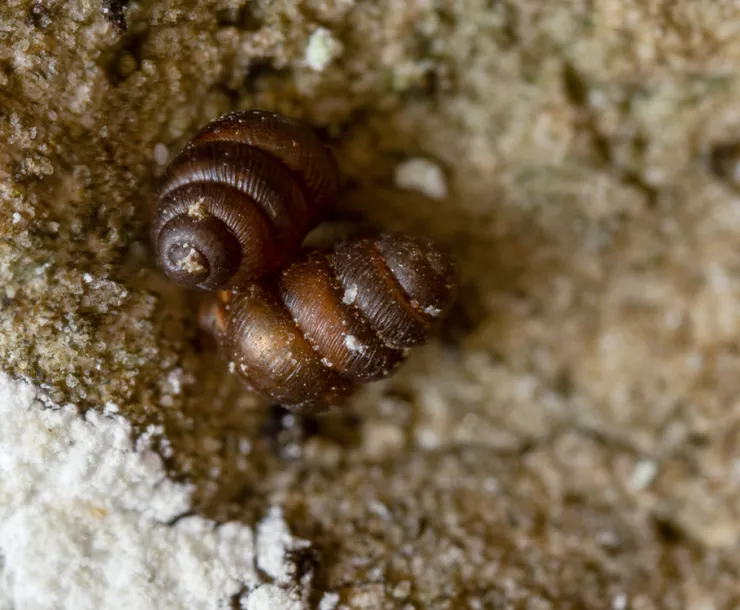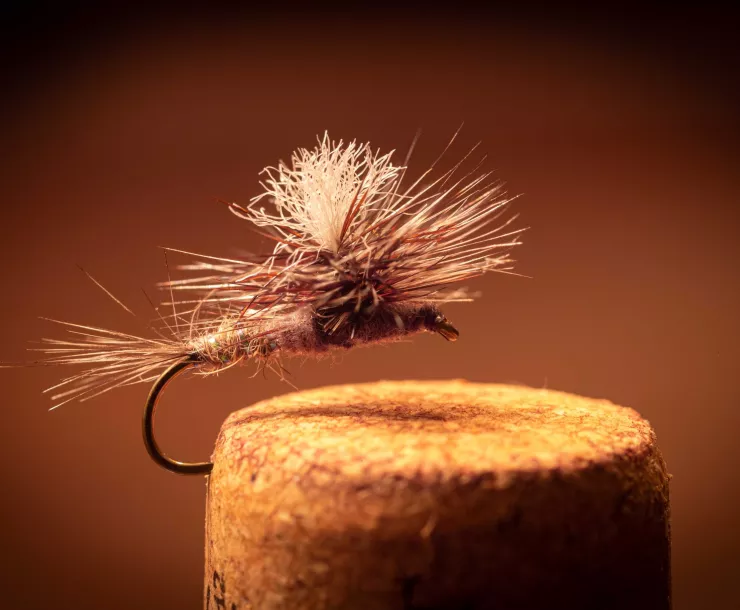Photos From the Front Lines of the Battle to Save African Elephants
In Kenya’s Samburu National Reserve, rangers work to protect elephants from a range of threats
Mike Lesil, a 40-year-old ranger at the Samburu National Reserve in Kenya, bent over the carcass of a young female elephant. As a final farewell gesture, he gently placed a freshly sprouted twig inside the crater that used to be her skull.
“Every time one of the elephants dies,” he said, “a part of us dies as well. A part of me. The elephants are sacred animals. They're our friends, our comrades, our life-companions. We're supposed to be their protectors. And yet we failed again. I can't tell you how sad and angry that makes me feel.”
The young female was killed by the members of a traditional pastoral community residing on the outskirts of the Samburu National Reserve, on the banks of the Ewaso Ng'iro river. The elephant was killed because it strolled across one of the community villages. In less dire times, she may have been forgiven. But not now. No doubt stressed by droughts, soil erosion, and the effects of climate change, a local herder reached for his automatic rifle.
“This is the driest part of the year,” Lesil explained. “The conflict between humans and animals is at its worst. And it gets worse every year. We used to chase Somali poachers, organized crime groups, and local thieves hired by the ivory traders. Now most of the elephants are murdered by the local herders fighting the wildlife for pastures and water.”
Lesil joined the rangers in 2001, and in the subsequent 20 years, he has witnessed the degeneration of the local environment. The fact remains that the young female didn't die for her tusks. If she died of any one thing, she died of the consequences of climate change, fueled by much the same appetites that fuel the ivory and rhino horn trades.
Lesil and his fellow rangers come across a murdered elephant twice per month—which may make it a surprise that, in some ways, the Samburu National Reserve is a success story. Stretching across 165 square kilometers, the reserve is teeming with life. At every turn, visitors can see an elephant family roaming the reserve. Or a wounded cheetah lying under a tree, recovering from scrapping with a lioness over an antelope. Out of the blue, the late afternoon sun casts a near-miraculous sheen over a pair of Grevy's zebras. While we observed a pack of giraffes, a large female lion quietly tramped over to our vehicle.
With the pandemic wreaking such unprecedented havoc on the local economy due to the loss of tourist income, an increase in poaching was only to be expected. But rangers in Samburu were ready. After years of clashing with the Somali mercenary militias, the local rangers were well prepared for an increase in human-wildlife conflict.
“I don't like shooting,” Lesil said, shaking his head emphatically. “I try to resolve all matters through diplomacy. Therefore, cooperation with the local community is so important. But there is just no peaceful dealing with the foreign poachers. Again, we are basically at war. They are backed by some extraordinarily rich and powerful people. But I can tell you that so far, we've won every single armed battle. We know these parts as well as the backs of our hands. Also, we're the ones defending our homes, our animals, and ourselves.”
 The Magazine of The Sierra Club
The Magazine of The Sierra Club
